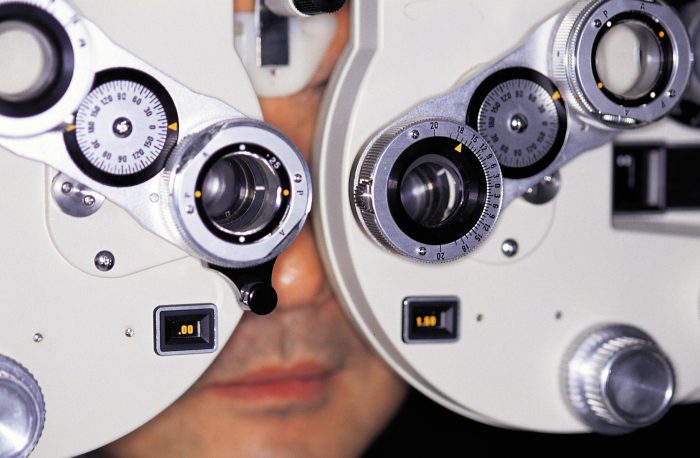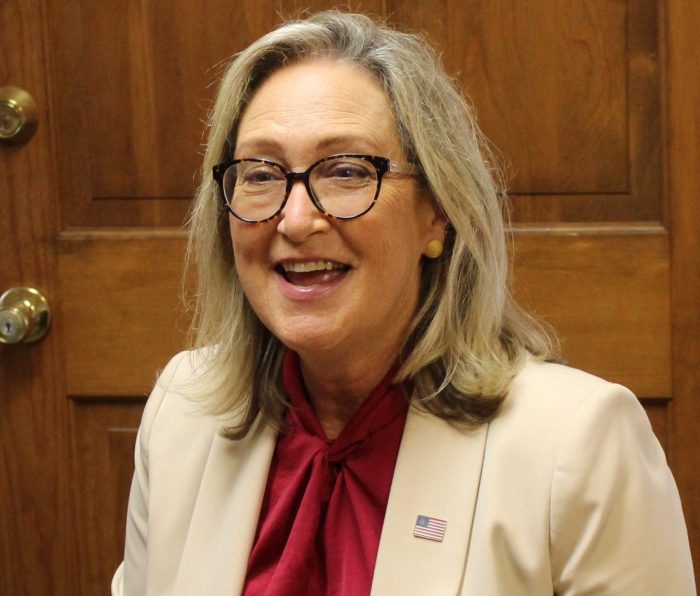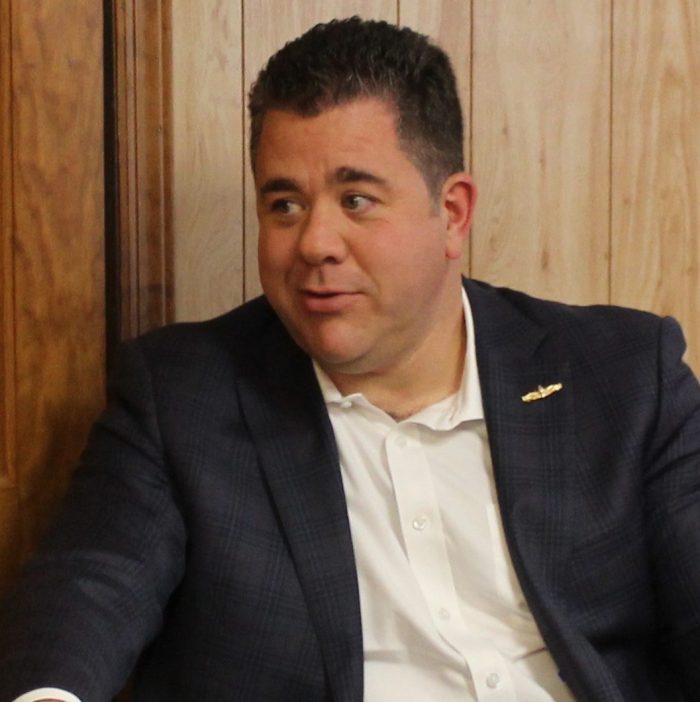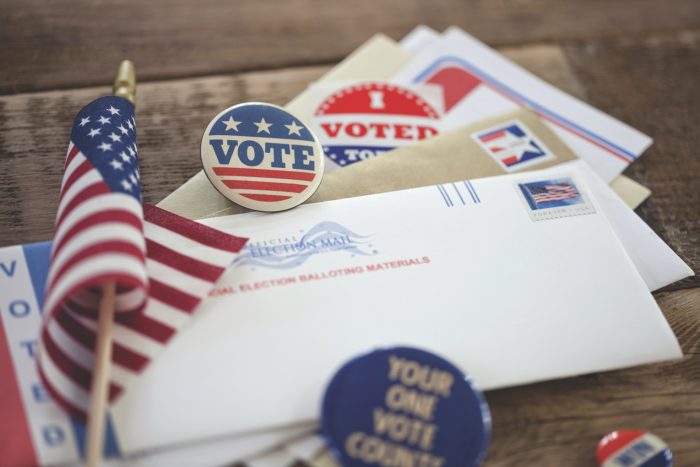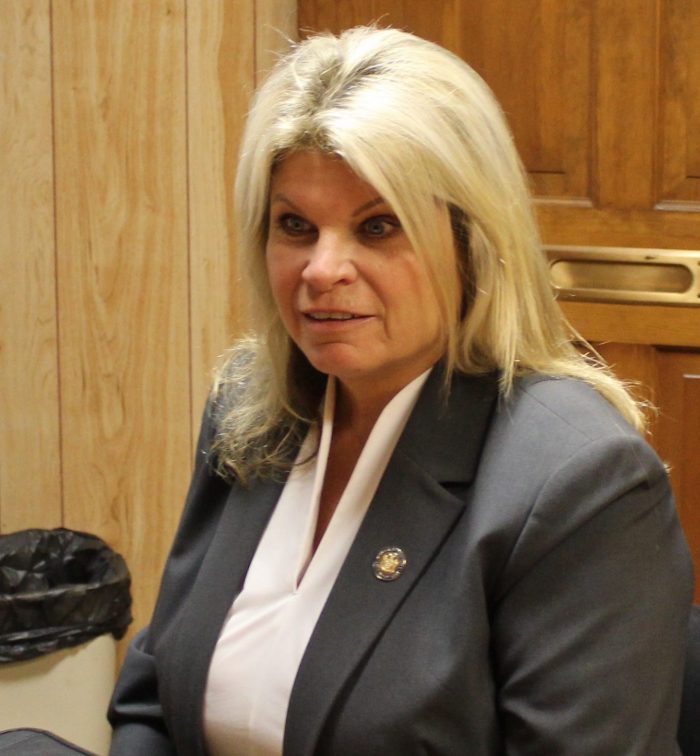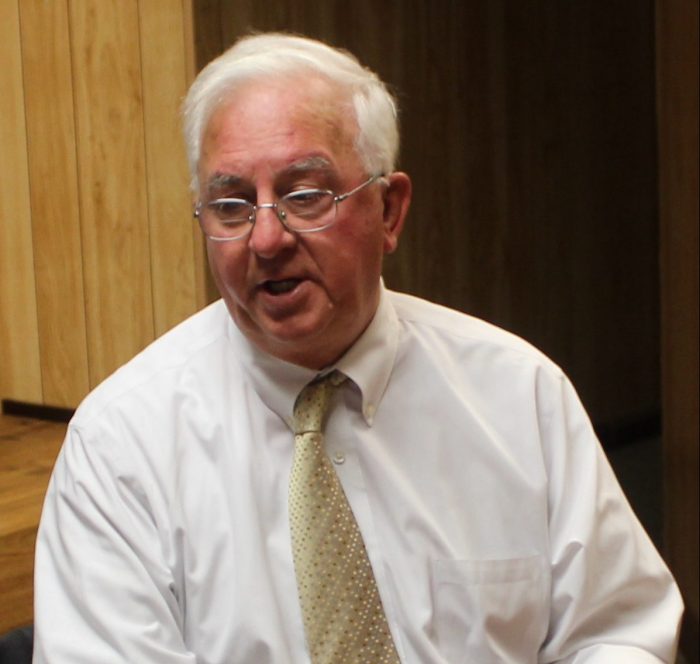As it gets darker earlier, now is the right time to take extra precautions on roadways.
Residents in our coverage areas know the dangers that deer present at this time of year. In the frenzy of mating season, these animals can dart out into the road at any time. These are erratic, unpredictable maneuvers that can bring serious bodily harm to drivers — and deer.
Nowadays, drivers encounter several hazards at night. Heedless pedestrians are often found walking in the evening hours, sometimes wearing dark colors and without flashlights or reflective gear which would make them easier to spot. Drivers should be on close guard for these nightwalkers.
To help alleviate this hazard, it’s wise for people walking along our roadways to wear brighter colors, take a flashlight, or put on some form of reflective material over jackets or shirts.
Unfortunately, pedestrians don’t always keep these tips in mind, so drivers must be vigilant about what’s happening on the road ahead. Extra attention should be paid as it gets darker, especially on streets that are lit dimly or not at all.
While driving through residential areas, slow down. Students may be coming home on the late buses, and people can be standing on the street putting garbage out or collecting mail.
Second, Mother Nature can be tricky during autumn. Fallen leaves, especially when wet, can cause dangerous roadway conditions, impeding one’s ability to brake safely. If a driver finds the tires are slipping on leaves, the best thing to do is refrain from swerving suddenly and to brake slowly. The same advice applies when finding a deer or pedestrian near the road.
Last but not least, keep in mind, even though we all gain an extra hour of sleep, when we change the clocks back, some people have difficulty adapting and can feel drowsy. And with the holidays around the corner, some people will be busier and less rested than usual. Experts advise that when a person is feeling sleepy behind the wheel — yawning, having trouble keeping their eyes open, missing traffic signals — the best practice is pulling over and resting before resuming driving.
Resting is always better than drinking coffee, opening a window, turning on air conditioning or playing loud music to stay wide eyed as these measures only add a short burst of alertness.
If a driver sees a swerving vehicle, the best thing to do is to keep as far away from the other car as possible.
Preliminary statistics from the Institute for Traffic Safety Management and Research at the University at Albany’s Rockefeller College show just how dangerous driving while drowsy can be. According to its research, in New York state, “fatigue/drowsy driving” and/or “driver fell asleep” appeared “4,865 times as contributing factors on police crash reports.”
The roads can be tricky this time of year, but common sense can go a long way in keeping ourselves and our fellow residents safe.


